
What is PCOS?
Polycystic Ovarian Syndrome (PCOS) is a condition that effects women and is often ignored. Women are frequently brushed off and shunned when talking about their reproductive issues, either being told that their symptoms are normal, or that they don't exist.

PCOS occurs due to an imbalance of hormones. In individuals with PCOS, the ovaries produce too many hormones known as androgens. Despite the "cystic" in the word "polycystic", you do not need to have cysts on your ovaries to have PCOS.
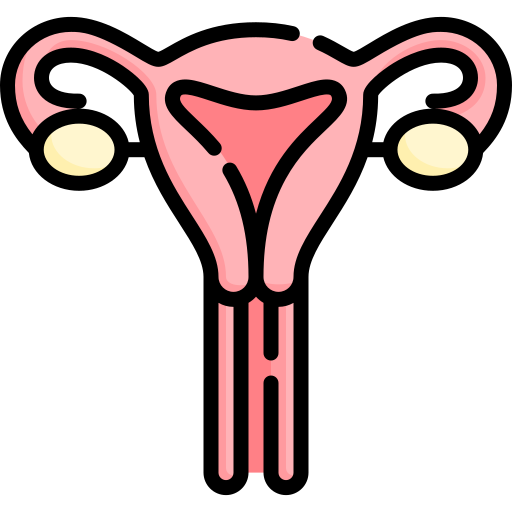
Women with PCOS typically develop the condition in their 20s or 30s, with an estimated 15% of women having PCOS. Often times, they're told to either suck it up, or they're shoved on the birth control pill. But it doesn't have to be this way.
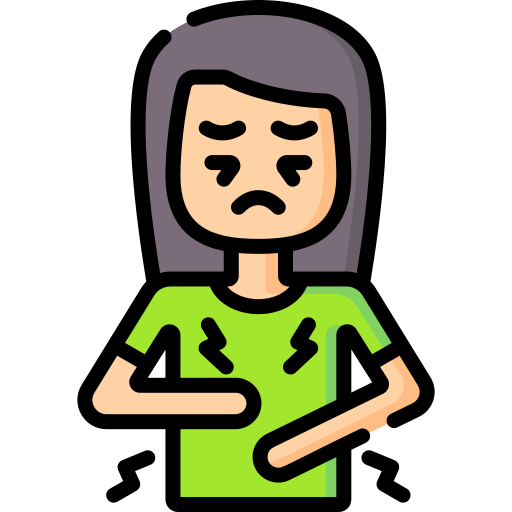
Symptoms of PCOS


Causes of PCOS

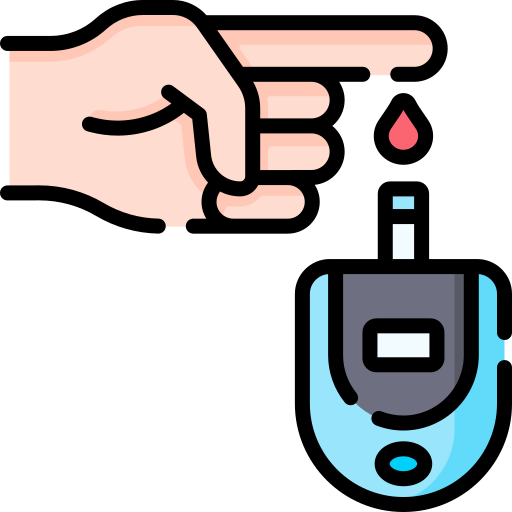
Insulin Resistance
Many people don't know this, but the main driver of PCOS is insulin resistance. If Alzheimer's is diabetes of the brain, then PCOS is diabetes of the ovaries. In fact, doctors will prescribe metformin, one of the main diabetes drugs, in order to treat PCOS.

Chronically high levels of the hormone insulin increase the production of androgens, leading to the development of PCOS. Insulin resistance, caused by a poor diet and lack of exercise, is also a main driver of chronic inflammation, further fueling PCOS.
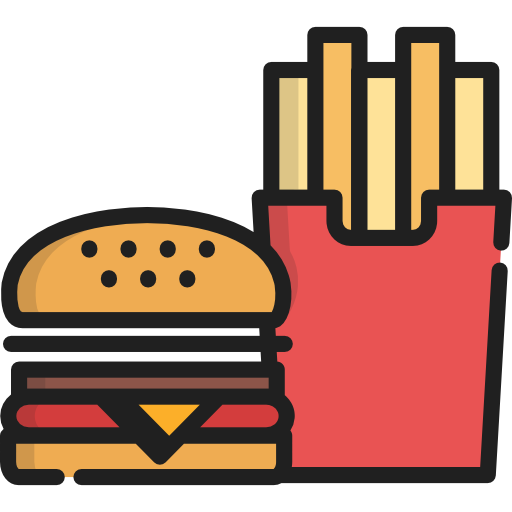
Treating PCOS With Lifestyle Changes
Polycystic Ovarian Syndrome is not a normal condition that women should have to deal with their whole lives. It's not a hole to medicate themselves out of (most of the time).

Rather, it's a lifestyle condition that has little to do with genetics. This is a good thing! That means you can take steps to reverse your "unfixable" condition, and go back to living the life you want to live.
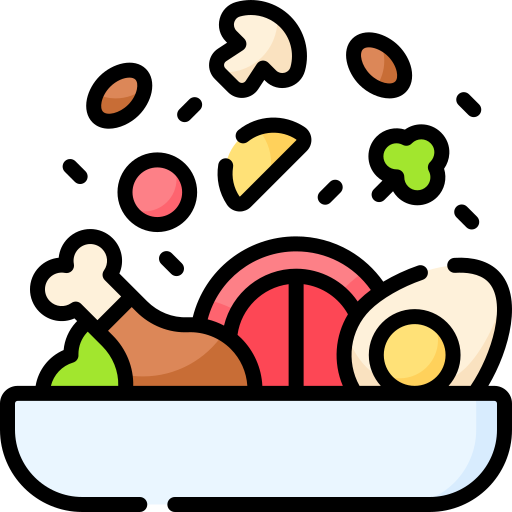
Disclaimer: I am neither a doctor, nor a woman. Do what you want with that information.
Sources
This post may contain affiliate links
Polycystic Ovarian Syndrome (PCOS) is a condition that effects women and is often ignored. Women are frequently brushed off and shunned when talking about their reproductive issues, either being told that their symptoms are normal, or that they don't exist.

PCOS occurs due to an imbalance of hormones. In individuals with PCOS, the ovaries produce too many hormones known as androgens. Despite the "cystic" in the word "polycystic", you do not need to have cysts on your ovaries to have PCOS.

Women with PCOS typically develop the condition in their 20s or 30s, with an estimated 15% of women having PCOS. Often times, they're told to either suck it up, or they're shoved on the birth control pill. But it doesn't have to be this way.

Symptoms of PCOS
- Acne
- Anxiety
- Brain fog
- Cysts
- Depression
- Enlarged ovaries
- Elevated fasting insulin, glucose, and A1C
- Endometrial cancer
- Excess hair growth
- Gestational diabetes
- Heavy periods
- High blood pressure
- Infertility
- Irregular periods
- Miscarriages
- Skin tags
- Sleep apnea
- Thinning hair
- Type 2 Diabetes
- Weight gain


Causes of PCOS
- Chronic inflammation
- Diabetes
- Environmental toxins
- Insulin Resistance
- Leaky gut
- Metabolic syndrome
- Obesity


Insulin Resistance
Many people don't know this, but the main driver of PCOS is insulin resistance. If Alzheimer's is diabetes of the brain, then PCOS is diabetes of the ovaries. In fact, doctors will prescribe metformin, one of the main diabetes drugs, in order to treat PCOS.

Chronically high levels of the hormone insulin increase the production of androgens, leading to the development of PCOS. Insulin resistance, caused by a poor diet and lack of exercise, is also a main driver of chronic inflammation, further fueling PCOS.

Treating PCOS With Lifestyle Changes
- Cardio training
- Regularly go for walks, runs, or bike rides.
- Or use cardio machines at the gym like rowing or stair machines to get your heart rate up.
- Consume more fiber and protein
- Include high fiber foods like vegetables, legumes, nuts, seeds, and fruits in your meals and snacks.
- Ensure each meal has a high-quality protein source, like meat, eggs, dairy, fish, or supplement with protein powder.
- Cut down on processed foods
- Avoid ultra-processed foods that lack fiber, protein, healthy fats, vitamins, and minerals.
- These products contain high amounts of inflammatory oils and high glycemic carbs.
- Cut down your sweetener consumption
- Eliminate added sugars like white and brown sugar, corn syrup, and high fructose corn syrup.
- Limit artificial sweeteners, such as aspartame, sucralose, and saccharin.
- Use natural sugars (e.g., maple syrup, honey) sparingly, and sugar alcohols (e.g., erythritol, sorbitol) occasionally.
- Opt for zero-calorie natural sweeteners like monk fruit or stevia if needed.
- Don't drink your calories
- Reduce consumption of soda, smoothies, fruit juices, diet soda, iced tea, lemonade, and mixed coffee beverages.
- Avoid energy drinks, sports drinks, and alcohol.
- Eat your food in the right order
- Eat vegetables and protein first, and carbs last.
- Consuming fiber, protein, and fat before carbs helps prevent blood sugar spikes.
- Don't eat "naked" carbs. Instead, "dress them up" with protein, fat, and fiber. For example, add Greek yogurt and peanut butter to your apple
- Include plenty of healthy fats
- Healthy fats can mitigate blood sugar spikes and increase insulin sensitivity, improving symptoms of PCOS.
- Great sources include avocados, olives, nuts, seeds, whole eggs, salmon, and mackerel.
- Resistance training
- Aim to lift weights about three times a week, in addition to cardio training.
- Doing so builds muscle mass, boosts metabolism, reduces inflammation, and improves insulin sensitivity.
- Swap out high glycemic foods
- Replace bread, pasta, and white rice with whole food starches like beans, sweet potatoes, quinoa, or lentils.
- These options are less refined, more nutritious, and contain more fiber.
- Take regular walks
- Go for short walks after meals to reduce blood sugar spikes.
- In winter, use a treadmill or exercise bike.
- Aim for at least 30 minutes of walking daily.


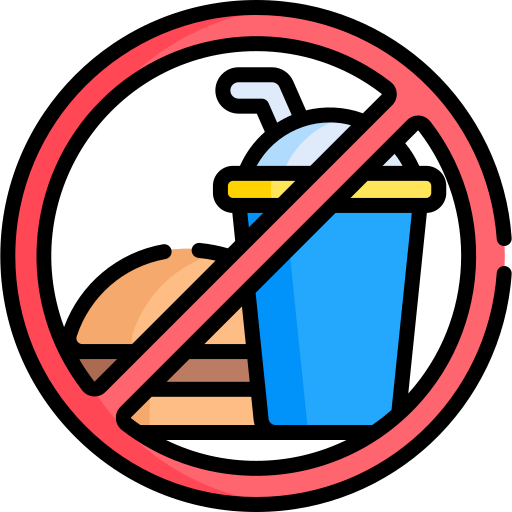

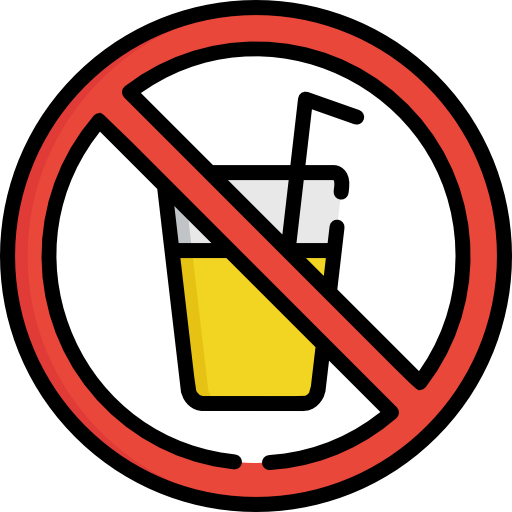
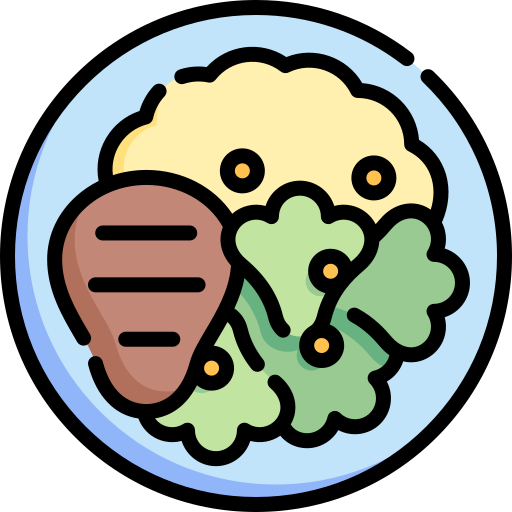




Polycystic Ovarian Syndrome is not a normal condition that women should have to deal with their whole lives. It's not a hole to medicate themselves out of (most of the time).

Rather, it's a lifestyle condition that has little to do with genetics. This is a good thing! That means you can take steps to reverse your "unfixable" condition, and go back to living the life you want to live.

Disclaimer: I am neither a doctor, nor a woman. Do what you want with that information.
Sources